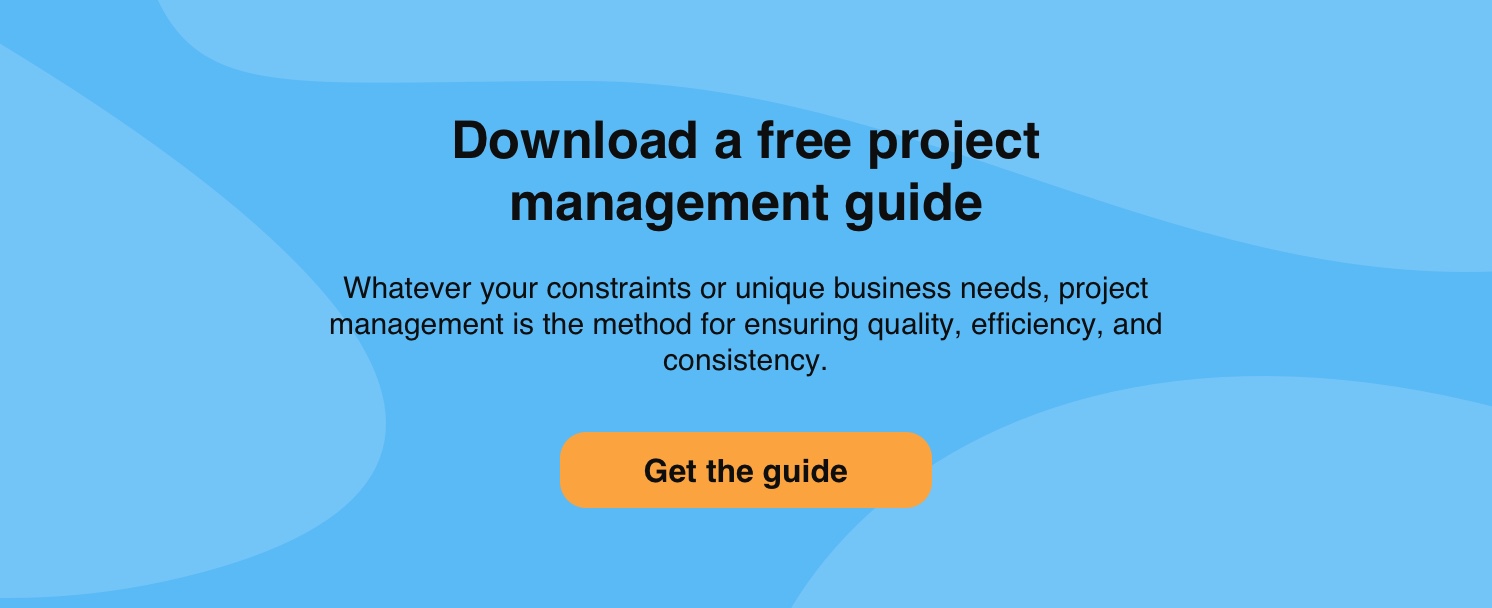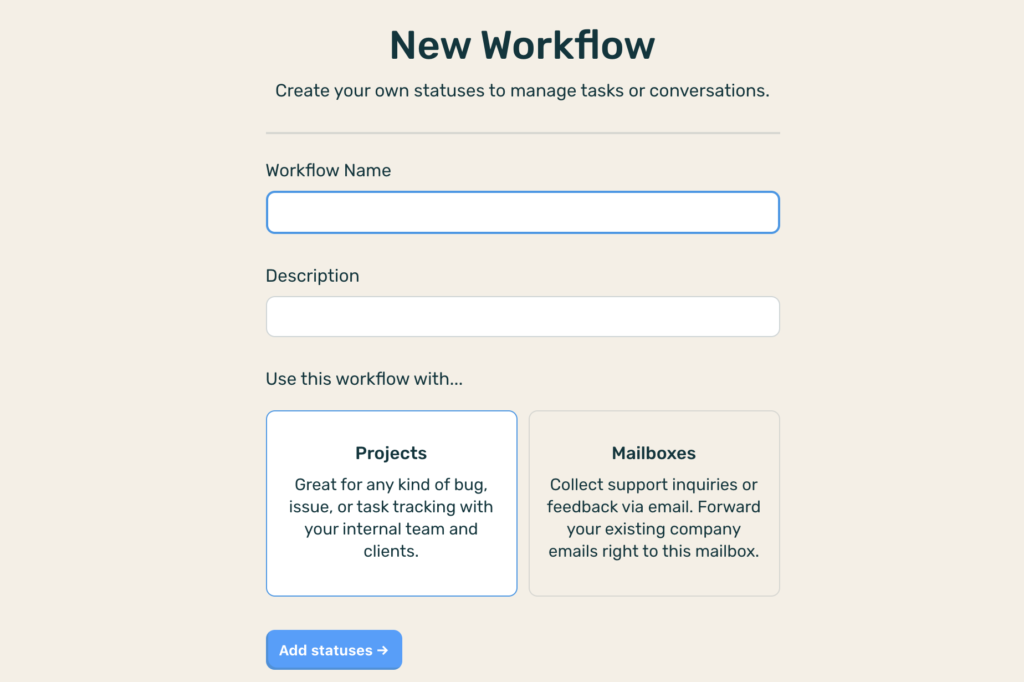So, here you are: sticky notes fill the surfaces of your home, office, and car. Your desktop is a hotbed of stray files and spreadsheets. You’re ashamed to admit how many unanswered emails are currently residing in your inbox. As you sit back and admire the chaos, you think, “maybe it’s time to look into a task management tool.”If you work in the real estate sector, you understand the importance of project management in real estate; it’s the only way to maintain the timely and cost-efficient completion of a project.
Whether you’re a property developer or manage a HOA, missing even just one small detail can set you back days or prove to be catastrophic. As businesses grow and evolve, even the best intentioned professionals may reach a point when they realize their current project management system just isn’t working anymore.
That being said, selecting a new task management tool is no small feat. With so many options to choose from, it can be intimidating to even know where to start. Researching, budgeting, and vetting the right tools can take time, and even when you finally land on a choice, you have to train your staff to learn it, and more importantly, motivate them to actually use it!So how do you find the perfect task management tool that you and your team will love? Read on for our tips on how to sort through the clutter and find the solution that’s right for you.
Tip #1: Do your research
While it may seem like a no-brainer, thoroughly researching your options is a crucial step in the evaluation process. As a project manager, there are hundreds of tools that all have different features, pricing, and functionalities.
To further complicate the matter, some of these tools are targeted towards real estate professionals and some of them are not. Rather than starting with an external assessment of the landscape, start by looking inward. Make a list of things you know you need from task management software to help your team work more efficiently.

Create a list of areas of conflict in your current flow that may be preventing projects from being completed on time. Ask yourself:
- Are you losing track of where projects are in the completion cycle? Look for a platform that has designated workflows and individual project tags. This can help with organization and allow you to quickly monitor key details.
- Is your team overwhelmed with incoming tenant requests or confused about who is responsible for responding to what? Consider a product that combines both project management and help desk in one.
Use this list as your north star and reference guide as you narrow down and evaluate different options. Don’t settle for a tool that doesn’t cover all your needs, and similarly, don’t pay too much for a tool that has excessive features that may go unused.
Tip #2: Consider accessibility
Chances are your team isn’t made up of digitally-savvy programmers and this should factor into your decision. Remember that the point of implementing task management software is to automate processes and increase efficiency, not make things more complicated.
The worst thing you could do is invest time and money into a fancy new system only to have even more time taken up working through confusing features and a grumpy staff. The bottom line is it should be intuitive and simple for everyone on your team.At the same time, consider the actual accessibility of the software. Real estate professionals tend to spend a lot of time outside the office, so mobility is a primary consideration for a team that’s constantly on-the-go. As one DoneDone customer told us,
I did a lot of research before finding DoneDone. I wanted something we could access from anywhere, on anything.
Lastly, know your audience. If you’ve implemented a complex task management tool in the past that received lukewarm acceptance, then take a moment to figure out what didn’t work. If it was too complex to navigate, consider going with a product that has a cleaner interface and more straight-forward features. Sometimes, too many bells and whistles may look appealing on the outside but can turn out to be a noisy distraction.
Tip #3: Look for solutions that are flexible
The term “real estate” is broad. Needs can vary depending on what line of business you’re in, the size of your team, and your short- and long-term goals. You can probably imagine that the needs of a construction property manager are going to be quite different from that of a Real Estate Association. Therefore, consider going with a product that can be customized to your unique needs.

While modern technology has seen a rise in task management tools specifically for real estate professionals, it’s definitely not a one-size-fits-all category. There are pros and cons to using a bespoke tool versus something more generic. Consider which would fit your needs based on specific features. Real estate tools may address common issues such as a built-in billing system or a workflow for developing a real estate development cost breakdown. Unless you deal with these specific issues, they could end up going unused.
On the other hand, a more generic tool may lack specific industry features, but may be more customizable.For example, DoneDone offers custom workflows that allow you to create a process using your own labels and internal wording.Lastly, consider flexibility in pricing. Cloud-based offerings have removed the need for costs associated with clunky hardware and maintenance and are thus able to structure pricing based on things like number of users or offer a-la-carte features.
The perfect solution for your real estate needs
While it may seem overwhelming to consider so many factors when selecting a real estate task management tool, at the end of the day, choice is a good thing. Having choice enables you to make a product work for you and ensure it actually gets used to its maximum potential.Our real estate customers love the simplicity, flexibility and accessibility of DoneDone. Try it free for 30 days today.